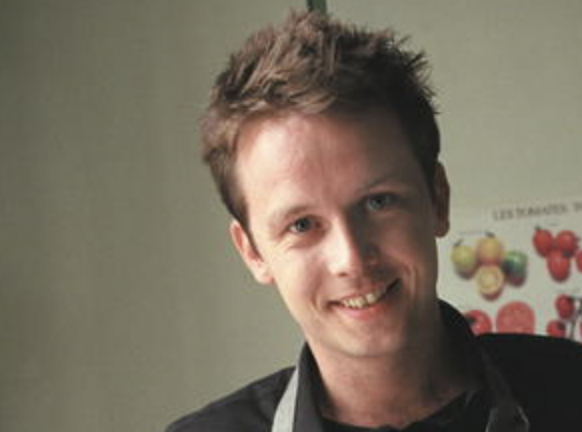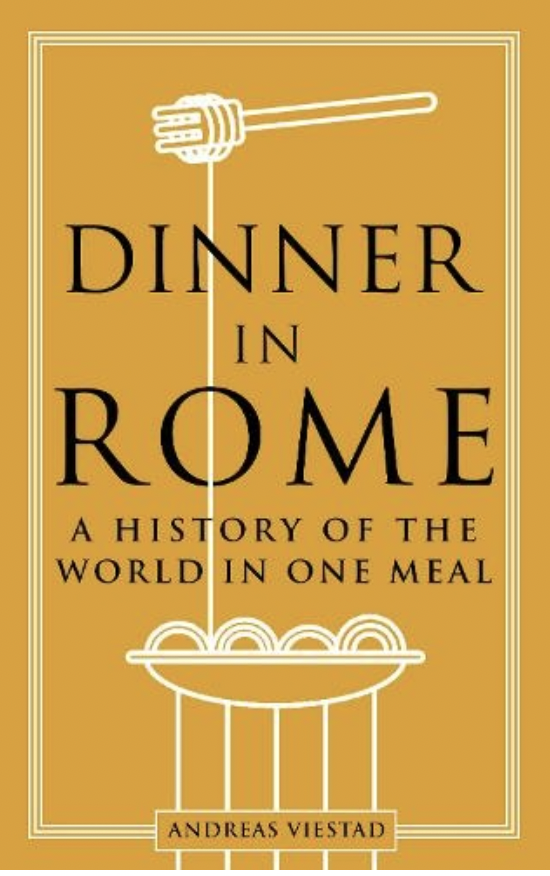
Rise and fall of Empires through the food


Norwegian writer and chef Andreas Viestad can tell the history of the entire humanity by the titular meal you eat. He potted the history of the globe from the development of its population, via the rise and fall of its empires, to the improvement of its economies. Viestad’s regular Italian meal, focusing on staples like bread, salt, oil, pepper, wine, and meat, makes the fundamentals of our eating plan as he sees the bases of our societies.
Roman statesman and master orator Cicero was the 1st to recommend that it was for the reason that Rome was not positioned in an especially fertile region that it ended up becoming such a massive empire. From the start off it was dependent on trade, especially in grain, and this fuelled its expansion.
Rulers earned their mandate by giving bread and circuses, but gladiators have been significantly less vital than the bakers. As it conquered lands, the Roman Empire did not just pillage and leave in a time-honored way, As an alternative, it cultivated the land to deliver the wheat it required to feed its citizens and armies. Like any good chef, Viestad sources his raw components with care, with the principal concentrating on flavour. He acknowledges that not each professional agrees with his flavourful versions of history, in which meals is pivotal. To mix culinary metaphors, his cherry-picked narrative does call for the occasional pinch of salt.
Viestad reveals how meals played an aspect in the two most significant schisms in Christianity. Looking back at the split from Rome in 1054, a 12th-century Greek Orthodox church leader John VII stated: “The 1st and foremost important lad to of the rift involving them and us is the unleavened bread.” Rome insisted on applying unleavened bread for the Eucharist, like the Jewish matzo, Jesus and his disciples would have shared at the Final Supper. The Orthodox Church preferred symbolism more than history and made use of dough that had risen like their saviour.
Five Hundred years later, Rome’s ban on butter on rapid days helped propel the Protestant reformation,” They feel that consuming butter is a higher sin than lying, swearing or committing fornication,” Luther complained. The ban essential northern Europeans to acquire additional high-priced and generally rancid olive oil, even though southerners could consume their preferred neighborhood fat all year round. Even the condiments now regarded as humble played outsize roles in history. Nowadays we fret about consuming also substantially salt, but most of our ancestor’s deficiency was the higher difficulties. Low levels of sodium in the blood can lead to lethargy and a shortage of salt has been postulated as one particular purpose why the weakened soldiers of the south lost the American civil war.
“In the mid-1970s, Iran had additional region below vine than Australia, New Zealand, and South Africa combined and for centuries lemons have been cultivated for the vital oils in their peel and the bitter juice was discarded,” Viestad tells us.
Jean Antheleme Brillat-Savaarin, a French food writer once wrote “ Tell me what you eat and I will tell you what you are”.
Dinner in Rome: A History of the World in One Meal by Andreas Viestad translated by Matt Bagguley. Reaktion Books £15, 240 pages.
